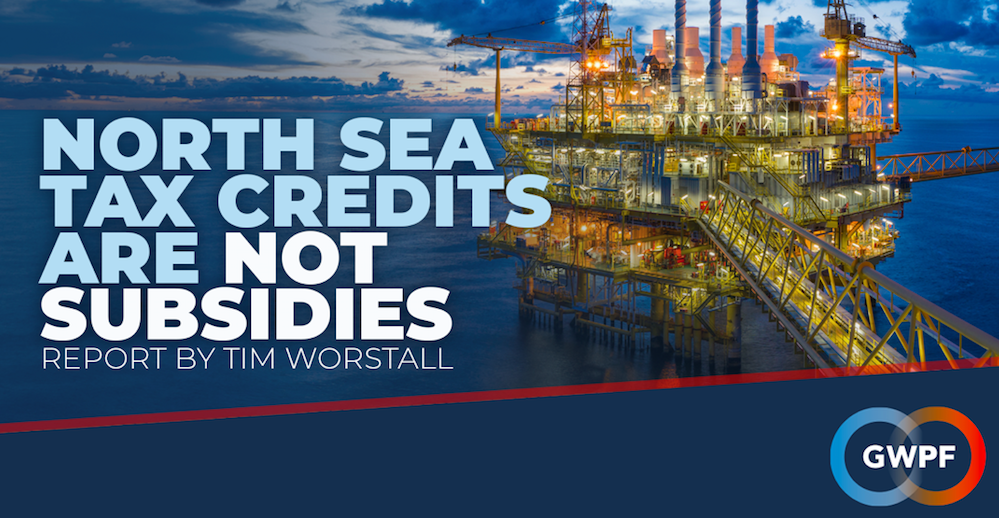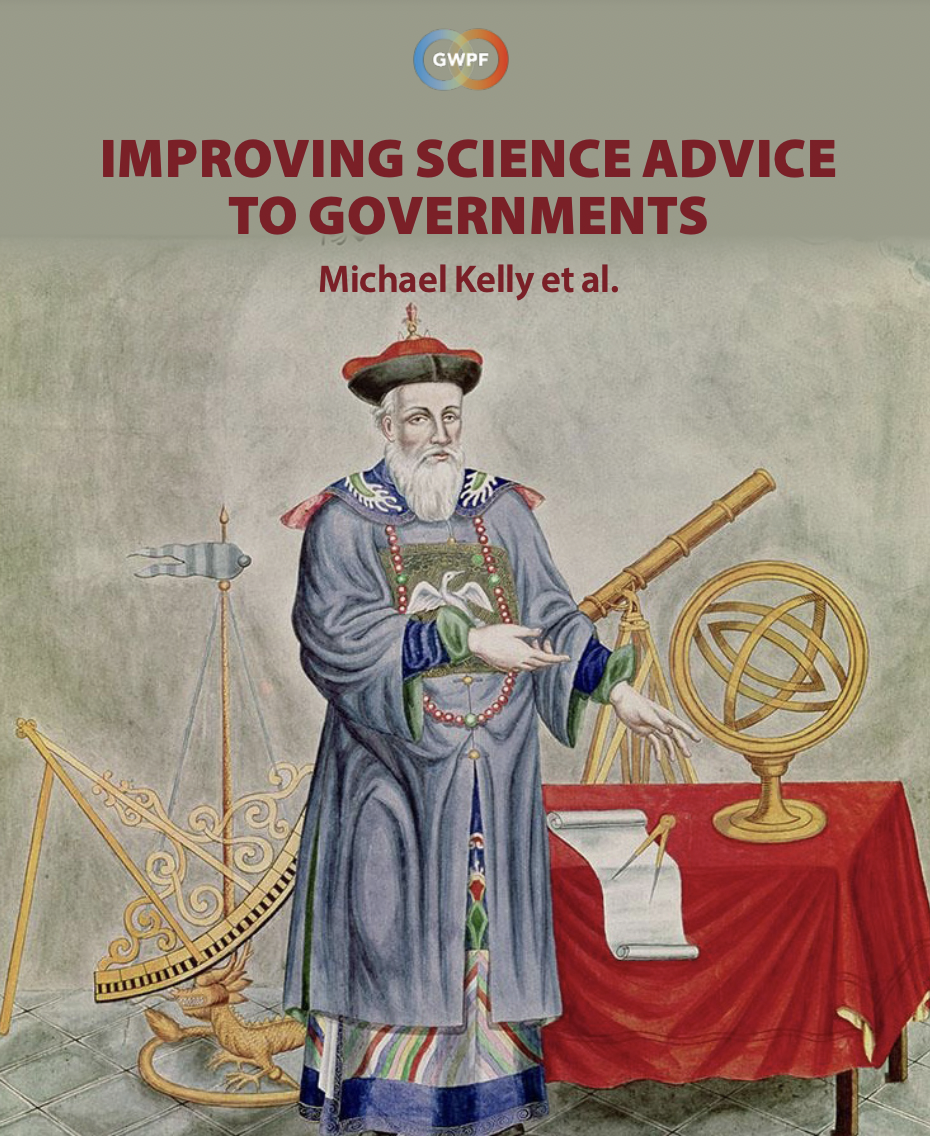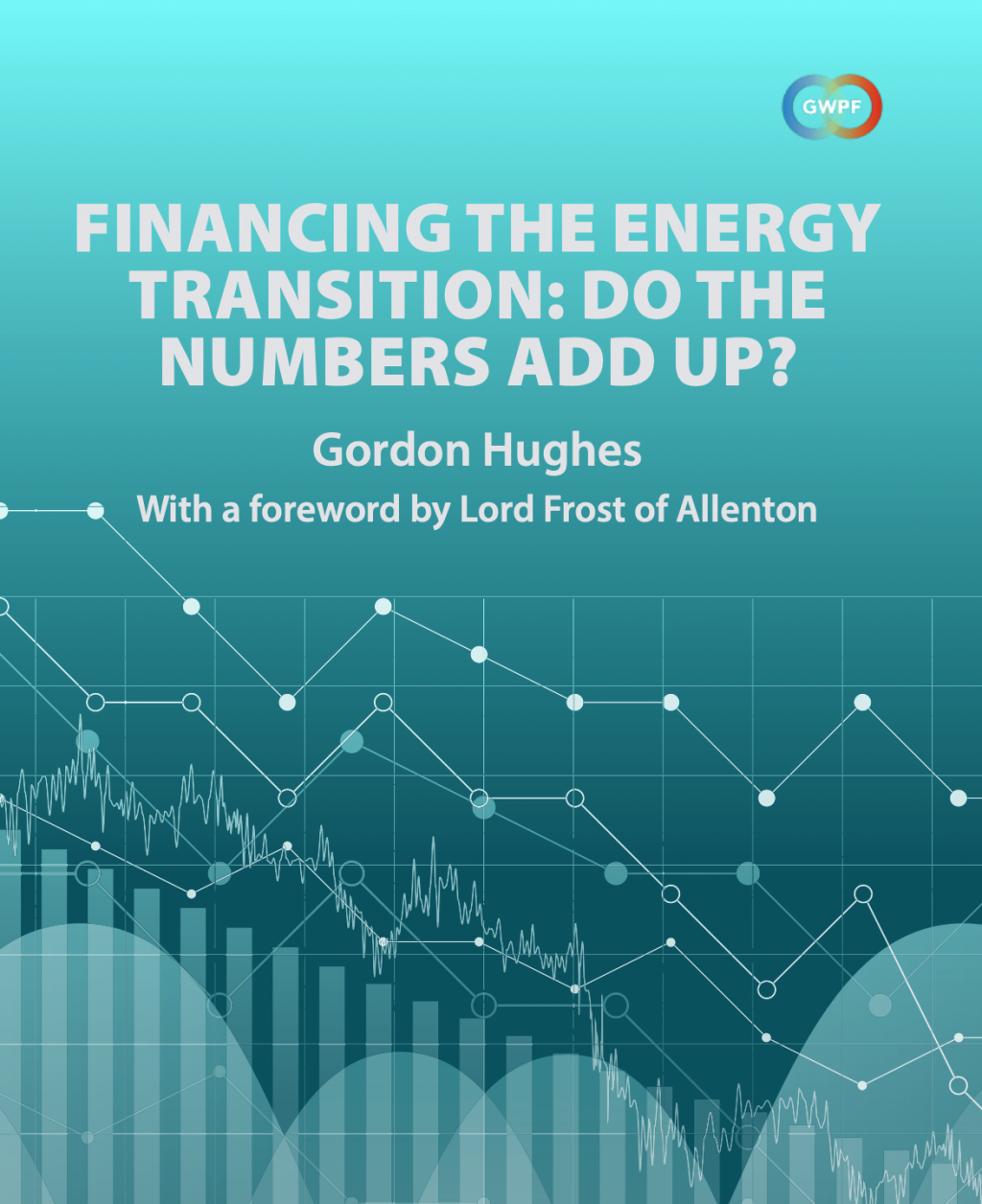London, 8 August – A new paper from the Global Warming Policy Foundation aims to explain the way North Sea oil and gas projects are taxed and corrects the widespread confusion over the tax credits that accrue to oil and gas fields at the end of their lifetimes.
While environmental activists like to paint so-called tax credits as “subsidies”, they are in fact nothing of the sort. They arise because the government has forbidden energy companies from putting money away against the eventual decommissioning of oil and gas fields.
The paper’s author, economics writer Tim Worstall, explains the effect on their tax bills.
“The companies pay extra tax during the life of the field, but when the field is decommissioned, there is no income to offset the cost against. This leaves them with a tax credit – and less revenue for the Treasury.”
GWPF director Benny Peiser emphasises the point.
“The special rules for North Sea oil and fields mean that taxes are paid earlier rather than later, but the amount of tax paid is the same. Thus, it’s not a subsidy. It’s just another way the government of the day tries to maximise tax revenues now while leaving a big hole for future balance sheets – long after ministers have retired.”
Worstall’s paper can be downloaded here.



